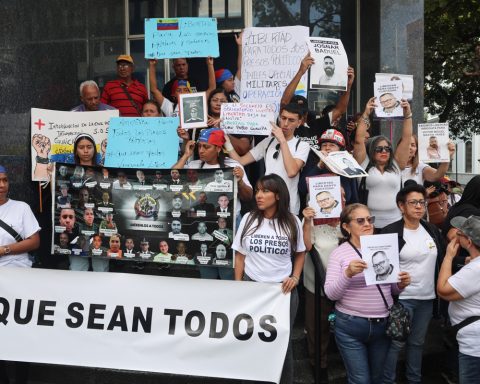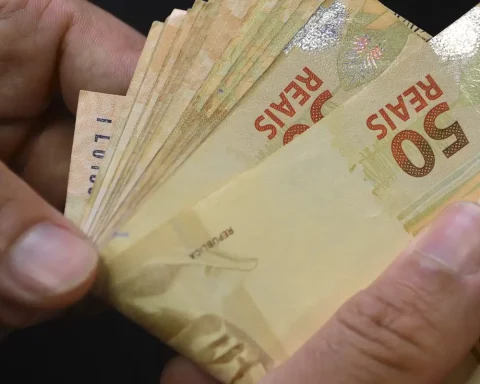Different Argentine cryptocurrency operators published “Proof of Funds”the first public exhibition of the assets that they guard, manage and keep since the creation of these companies, after the demand for greater transparency and security in the industry before the bankruptcy of FTXand its subsequent domino effect on other platforms and investment funds.
In recent days, it became clear how, due to multiple security failures and negligence when handling its clients’ money, FTX, one of the three most important operators in the world went bankruptin less than a week, after acknowledging that it did not have close to 6,000 million dollars that its users were demanding for -presumably-, having used that money for failed investments, without their consent.
“Several operators and Centralized platforms (CeFi) failed due to copying the fractional reserve system of the banks, for which they begin to lend their clients’ assets, which they should guard. In this way, secondary issuance is generated within CeFi,” he explained. Pablo Sabbatellafounder of Defy Education and researcher of the Ethereum ecosystem, in a recent newsletter about the causes of the collapse of crypto companies in recent months.
In this sense, he assured, the operators “many times They act like banks, but they manage risk badly worse and they end up going bankrupt for not being able to respond to the demand for liquidity”, since “the risk management they do, calculating reserve requirements and other risk management measures, is wrong”, since they cannot do financial intermediation like a commercial bank, but only “should be custodians of our assets.”
In response to this crisis of confidence, the Argentine operators Buenbit and Lemon published in recent days declarations of funds in custody, in which they assured that they store cryptocurrencies of their users in multiple wallet addresses of different blockchains, from stablecoins (DAI, USDC, USDT and BUSD) to volatile ones, such as Bitcoin, Ether, Cardano, BNB and Matic, among others.
The operators “many times act like banks, but they manage the risk very badly and end up going bankrupt because they cannot respond to the demand for liquidity.”Pablo Sabbatella
In total, Buenbit assured that, as of November 11, it kept funds in 20 different tokens for a market value close to US$ 20 million (according to Télam’s calculations based on information provided by the company and its market price), while Lemon acknowledged managing US$ 31,814 million in 23 different tokens, according to a document signed by a notary with data as of last November 17.
“We always thought that transparency with users is super important. We were the first to list the decentralized protocols in which we invest user tokens and the only ones in the country that, within the application, show which ones are invested in and in what percentage,” he assured Télam. Matias AlbertiCountry Manager of Argentina at Buenbit.
In this sense, he said that they decided to make public the proof of funds of assets that they guard to “transmit peace of mind in this context”, since what happened with FTX brought “a lot of noise to the ecosystem”.
“We understood that we had to act quickly in a necessary context,” Alberti stressed, although he acknowledged that the work is not “100 percent” complete, since they have yet to publish what is called a “test of liabilities”, in which They must state that the assets held by the company coincide with the deposits of its users that, he assured, they intend to publish “in the first days of December.”
For his part, Marcelo Cavazzoli, Co Founder and CEO of Lemon, assured Télam that the events of recent weeks showed them “that the user needs more and more transparency and from Lemon we want to contribute to the trust of the ecosystem.”
“Our Proof of Funds is a document by which a national public accountant certifies the crypto holdings held by Lemon -in the custody of its users- in the company’s wallets”, Cavazzoli assured, at the same time that he said that the report “is complemented by another document (Test of Liabilities) certified by a notary public, which indicates the amount of the funds of cryptocurrencies that users have deposited in Lemon”.
“In both documents the figures must be the same. What does this mean? That all the deposits that the company receives from its users are insured and in its possession, ready for the user to use when they need them,” detailed.
However, other system actors objected to these documents.
“We have seen a lot of evidence that simply consists of documents signed by the CEO of the company, stating that they have all the funds in custody. I do not doubt the good intention of these documents, but if we want to move forward as an industry we have to aim for verifiable evidence by users,” said Santos Barrios, Co-Founder & CFO of Let’sBit.
In this regard, Barrios said that they are analyzing “the best way” to test reserves, since “at least it must contain the addresses of the on-chain fund wallets (so that users can follow or control the path of the funds), upload or incorporate the document on a public blockchain to prevent future tampering, and work with recognized auditors for funds in centralized custody.”
In a similar way, Manuel Beaudroit, CEO of Belo, expressed himself, who said that although they are analyzing a proof of funds, “we do not have a way to do it automatically due to infrastructure issues” and because “today the Proofs of Funds are a photo and it has to be a movie”, as well as being “a vector of personal attack”.
“Unfortunately, the entire crypto ecosystem is experiencing a difficult context. For a long time, from Belo we have actively encouraged the withdrawal of funds towards self-custodial solutions when it comes to protecting in the long term,” Beaudroit assured Télam.


















